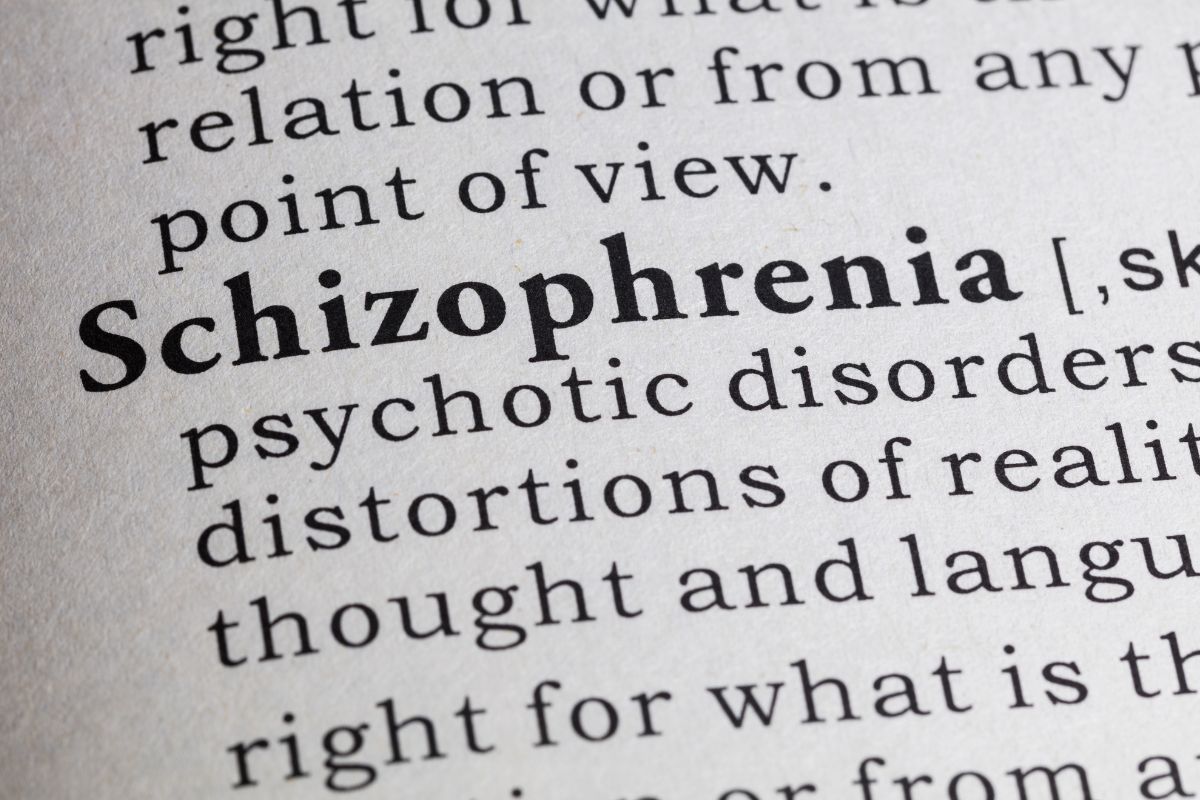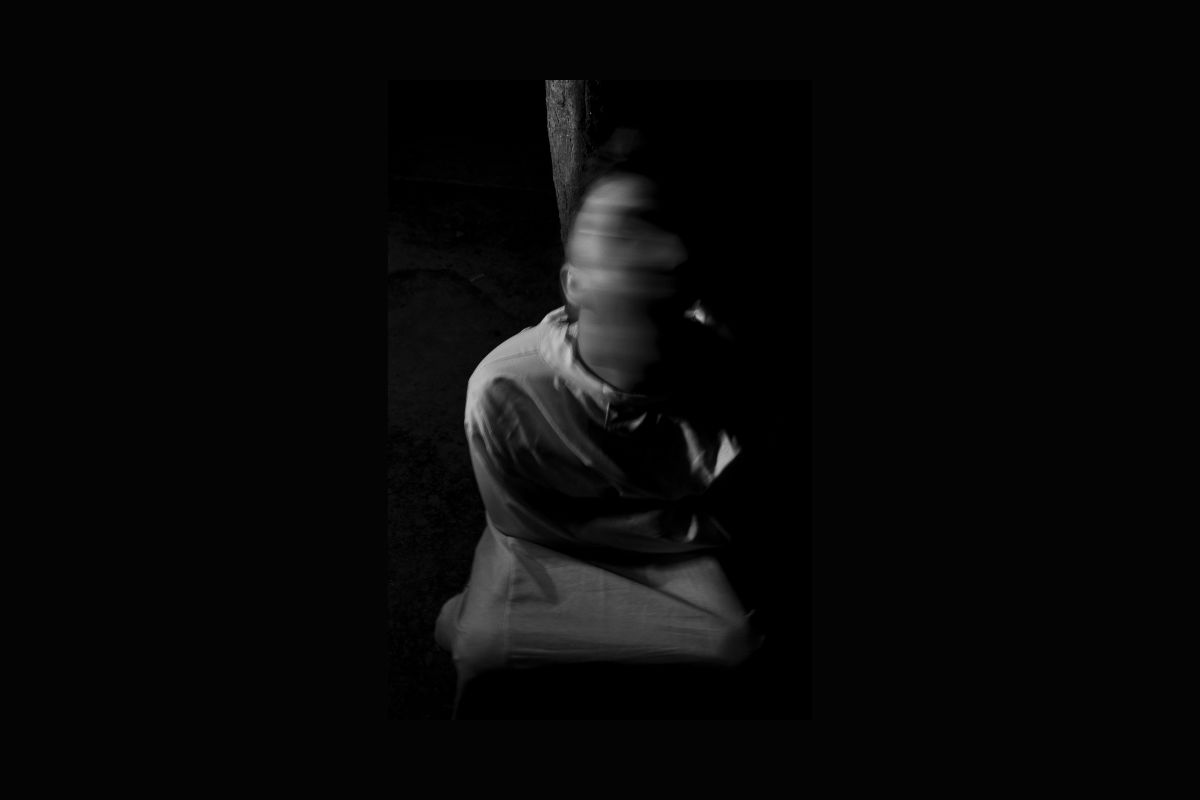Define Schizophrenia
Schizophrenia is a long-term, severe mental illness that impacts a person’s ability to think, act, express emotions, perceive reality, and interact with others. Schizophrenia can be the most persistent and incapacitating major mental illness, despite not being as common as other similar conditions.
Schizophrenia patients frequently struggle to function well in relationships, at work, in the classroom, and in society. They might be fearful, withdrawn, and show signs of disconnection from reality. Although there is no cure for this chronic illness, it can be managed with proper care.
Schizophrenia is not a split or multiple personality, unlike what the general public thinks. Psychosis, a sort of mental disorder when a person cannot distinguish between the real world and their imagination, is a component of schizophrenia. People with psychotic disorders occasionally become detached from reality. The world may appear to be a tangle of perplexing ideas, pictures, and noises. They may act in a very peculiar and even startling manner. A psychotic episode occurs when a person experiencing it loses touch with reality and has an abrupt shift in personality and conduct.
Also Read:
Each person’s level of schizophrenia is unique. Some people only experience one psychotic episode in their lifetime, while others experience multiple episodes throughout the course of their lifetimes while maintaining a largely regular lifestyle. Others might gradually experience increased difficulties with their ability to operate, with little progress in between full-blown psychotic episodes. In cycles known as relapses and remissions, the symptoms of schizophrenia appear to deteriorate and improve.
Schizophrenia is a severe mental condition that has an impact on a person’s thoughts, feelings, and actions. Schizophrenia sufferers may appear to have lost all sense of reality, which can be upsetting to both them and their loved ones. Participating in regular, everyday activities may be challenging for someone with schizophrenia, but there are effective therapies available. Many persons who receive treatment are able to participate in school or the workforce, become independent, and value their connections with others.

Types Of Schizophrenia
In the past, mental health specialists divided schizophrenia into the following subtypes:
- Catatonic
- Disorganized
- Paranoid
- Residual
- Undifferentiated
Catatonic Schizophrenia:
Strange, restricted, and abrupt movements indicate the most uncommon kind of schizophrenia. Sometimes you may alternate between being quite busy and being very still. You might not speak much and imitate other people’s movements and speech.
Disorganized Schizophrenia:
Because these individuals typically exhibit disorganized speech and conduct, hebephrenic schizophrenia is also known as disorganized schizophrenia. They could also exhibit incorrect emotional behavior or show no emotion at all.
Paranoid Schizophrenia:
The most typical form of schizophrenia is this one. It could take longer to develop than other types. Hallucinations and delusions are among the symptoms, however, your speech and emotions might not be affected.
Residual Schizophrenia:
If you have had psychosis in the past but are only currently experiencing the negative symptoms, you may be diagnosed with residual schizophrenia (such as slow movement, poor memory, lack of concentration, and poor hygiene).
Undifferentiated Schizophrenia:
Your diagnosis may have some signs of paranoid, hebephrenic, or catatonic schizophrenia, but it doesn’t obviously fit into one of these types alone.
Symptoms
Individuals with schizophrenia may experience their condition differently, but there are certain shared signs and symptoms. They consist of the following:
- Words that make sense to you but are a mystery to everyone else
silence lack of expression
- The inability to show any kind of emotion
- Depression apathy inattention psychosis including delusions and hallucinations

